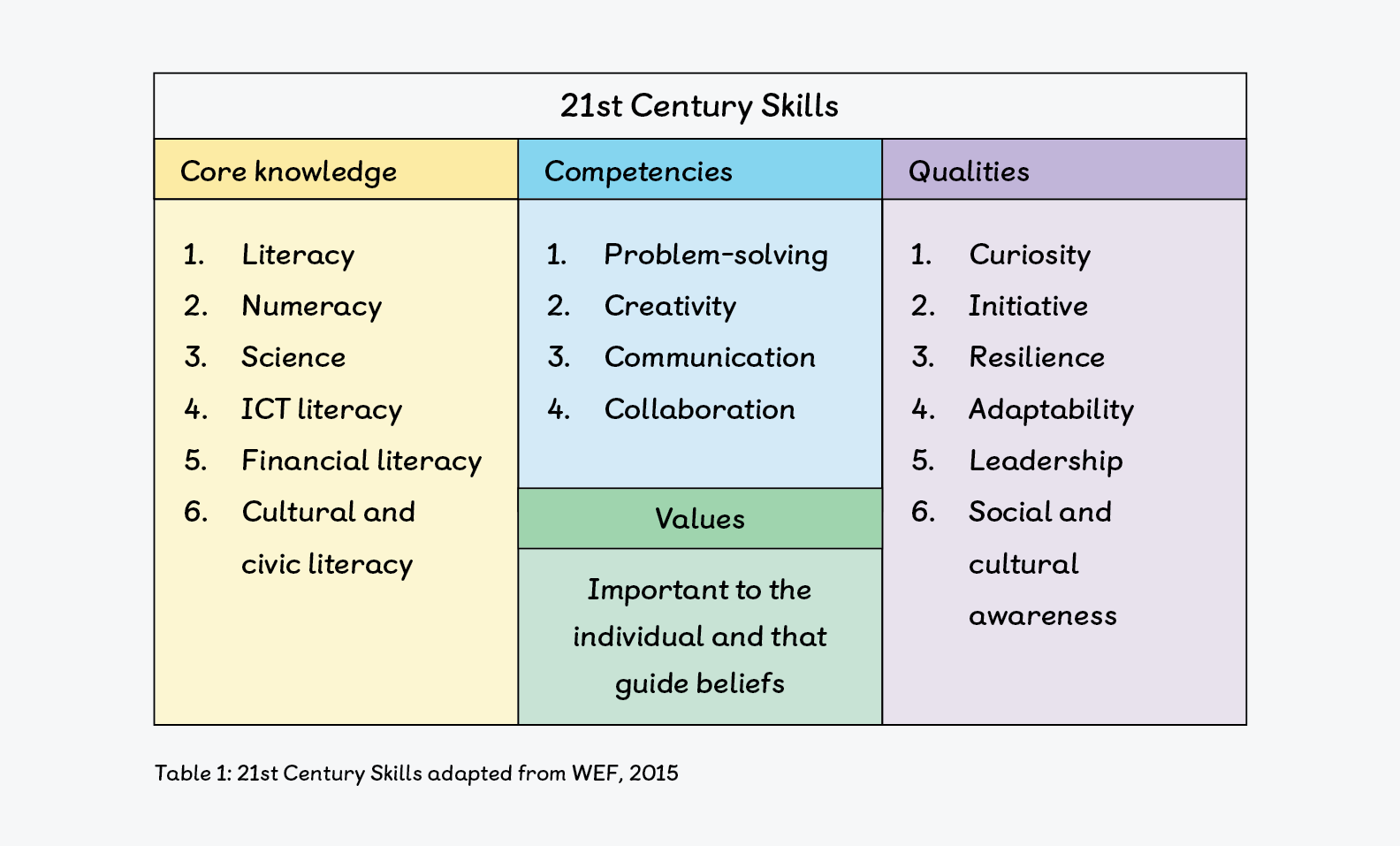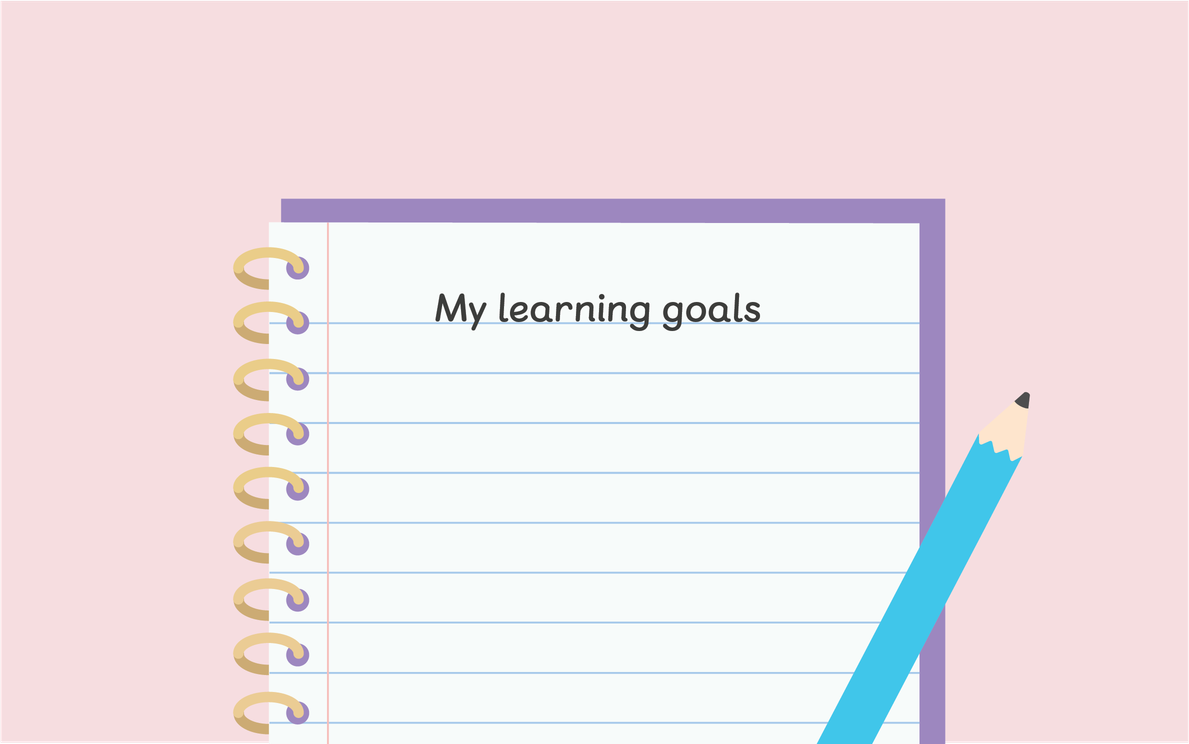Here’s what pupils want from their post-pandemic education
“Many pupils are not motivated by the current education system and this gives us an insight into why — the curriculum doesn’t mirror their present and it doesn’t prepare them for their future.”
The only way we can truly make sense of how children and young people experience education is to ask them directly. So that’s what we did, and continue to do.
Between May 2020 and March 2021, our collaborative group of educational psychologists and professionals from across the UK conducted research into pupils’ views in relation to their experiences of the pandemic and education in general (Popoola & Sivers, 2021).
In this blog, we share some of those insights about education and what could be different. We invite teaching staff to use these views to be innovative in responding to the pandemic and in making education meaningful for 21st-century learners and teachers.
What pupils told us
“I am worried I have a lot to catch up with and it will be hard.”
Pupils of all ages told us about their concerns in regard to their learning progress; they spoke about missed learning, catching up and gaps that needed filling. It was clear these narratives — which had dominated the media — had been internalised by the pupils. This created a ‘truth’ about learning and education which has remained largely unchallenged, despite having a negative impact on the wellbeing and confidence of pupils and teachers. It also didn’t reflect the learning that did take place.
“I liked my class bubble and more fun lessons.”
The pupils shared how in general they had enjoyed a more creative curriculum and flexibility in learning during the lockdown and ‘bubbles’ phases of the pandemic. There were concerning patterns of inequality in terms of access to resources which were exacerbated by the pandemic, but by no means created by it. The pupils themselves were able to make this distinction between the changes brought about by the pandemic and the difficulties that were already present in their experience of education.
“The things I am learning in school are mostly for my upcoming GCSE and I feel like it would be great if we learned other things about what life would be like after school.”
This was one of many similar comments from pupils reflecting on their education. The pupils asked for learning that was meaningful in terms of their day-to-day lives, culture and experiences, but also relevant to their future. They could see that many of the topics and skills they were being taught would not be useful in their future. Many pupils are not motivated by the current education system and this gives us an insight into why — the curriculum doesn’t mirror their present and it doesn’t prepare them for their future.
“I want to learn how to manage my money, how to get a job, how to pay bills, how to buy a house.”
According to Paige (2009) and the World Economic Forum (2020), educational settings need to introduce a 21st-century curriculum that blends knowledge, thinking, innovation skills, media, Information and Communication Technology (ICT) literacy and real-life experience in the context of core academic subjects.
The WEF proposes that by 2025, the key skills employers will be looking for will include analytic and critical thinking, creativity, active learning and innovation. These are the skills we need to teach pupils from a young age.
The table below offers a starting point to plan this innovative new approach to teaching and learning.

Ripples of the impact on skills development
The pandemic has had an impact on the development of pupils’ social, emotional and academic skills. This spans all age ranges and has different implications depending on the age or developmental stage of the child or young person. Therefore, we need to ensure that there are opportunities for pupils to learn the skills they haven’t yet had the chance to use or practice. You can’t catch up on something you haven’t yet learned or experienced.
In the analysis of our research, we proposed four questions to guide thinking about change in education.
- How do we promote children and young people’s agency and autonomy and help them feel seen, heard and appreciated?
- How do we begin with the end in mind? In other words, how can we involve children and young people in designing a meaningful curriculum which prepares them for 21st-century life and places equal importance on academic, creative and vocational learning experiences?
- How can we increase the focus on relationships, nurture and belonging and promote the positive impact this has on well-being and learning?
- How can we make the physical environment welcoming, motivational, representative and safe?
Transform Your Maths Assessment
Insights — our online assessment tool — gives you instant, powerful data to identify gaps and improve results.

Creativity and innovation in education
How can we make sure education “develops every child’s personality, talents and abilities to the full?” We need to start from where the pupils are at in their development to ensure that all children and young people can thrive and flourish in all areas of their lives. This must include an acknowledgement that ‘catching up’ isn’t a helpful narrative. What’s needed is a restart.
This means exploring the optimal ways for individuals and groups to develop their skills for work and life-long learning and skills to ensure they enjoy positive relationships and emotional wellbeing. These are not things that can be crammed into extra tutoring sessions. They need time — which is already in short supply in education.
Even before the pandemic, there were concerns about various groups and growing gaps in attainment. However, the way attainment is conceptualised and measured was and continues to be problematic. This is why the upheaval brought about by Covid-19 — along with other political shifts and changes — is the ideal time to review and recalibrate the education system to make it meaningful and motivating for pupils and teachers.
Looking forward with hope
This blog doesn’t set out a specific list of what to do and how to do it. As teachers, you have so much potential for innovation and creativity when the opportunity is given. Our research has shown that pupils also have exciting ideas for change. Imagine what could be achieved in collaboration.
To move forward with hope, a bottom up approach to creating change in a meaningful and dynamic way is needed.
Education should not stand still. It needs to adapt, change and be flexible. It needs to be diverse, inclusive, creative and most importantly engaging for all. This includes pupils and teachers, to ensure our young people are motivated and teachers feel energised.
What will you do first?
References
Popoola M. and Sivers S. (2021) How children and young people experienced the ever-changing landscape of the Covid-19 pandemic – The return to school and onwards
Paige, J. (2009) The 21st Century Skills Movement
World Economic Forum. (2020) The Future of Jobs Report 2020
United Nations Human Rights Office of the High Commissioner. (1989) Convention on the Rights of the Child.
